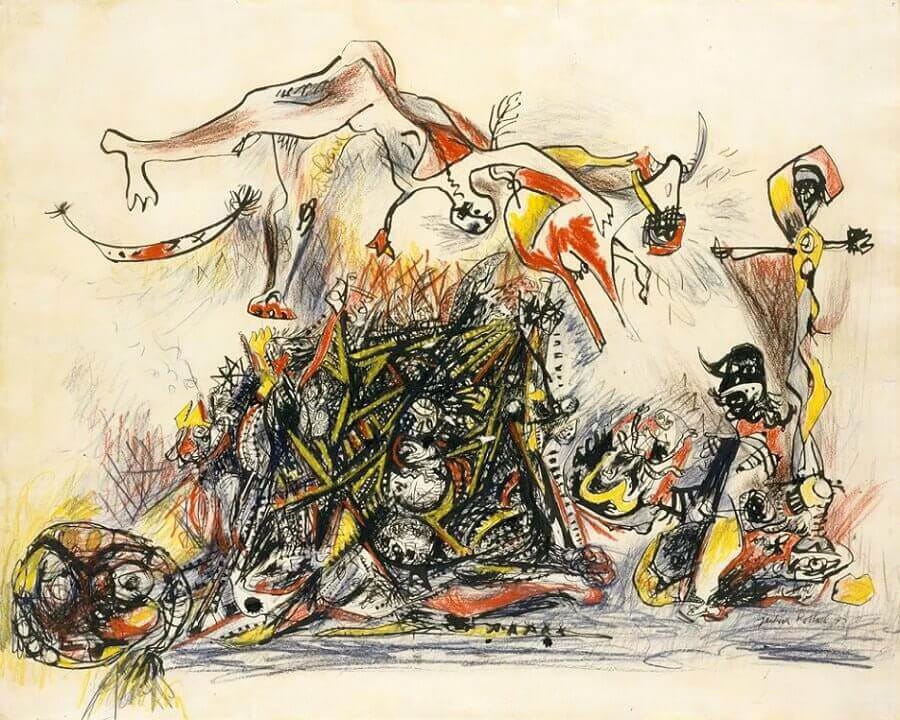The End of the PKK
The PKK has announced its disbandment. How it happened, why it happened and what comes next.
I spent the better part of my journalistic career covering Turkey’s Kurdish conflict. I followed closely the only publicly acknowledged peace process between the Turkish state and the PKK—led by its imprisoned founder, Abdullah Öcalan—between 2013 and 2015. When that process collapsed, I wrote a book tracing its political architecture and the forces that brought it down.
Since then, as Turkey slid deeper into authoritarianism, I had long stopped believing I would ever see the day the PKK announced its disbandment. And yet, on 12 May 2025, following its 12th Congress held simultaneously in Qandil and Sulaymaniyah with 235 delegates in attendance, that is precisely what it did. The group declared the end of its armed struggle.
How did we get here? A brief rewind may help those who haven’t been following closely.
The Syrian Turn
For over a decade, I’ve argued that the rise of the PYD-YPG in northeast Syria has fundamentally reshaped the Kurdish question across t…



